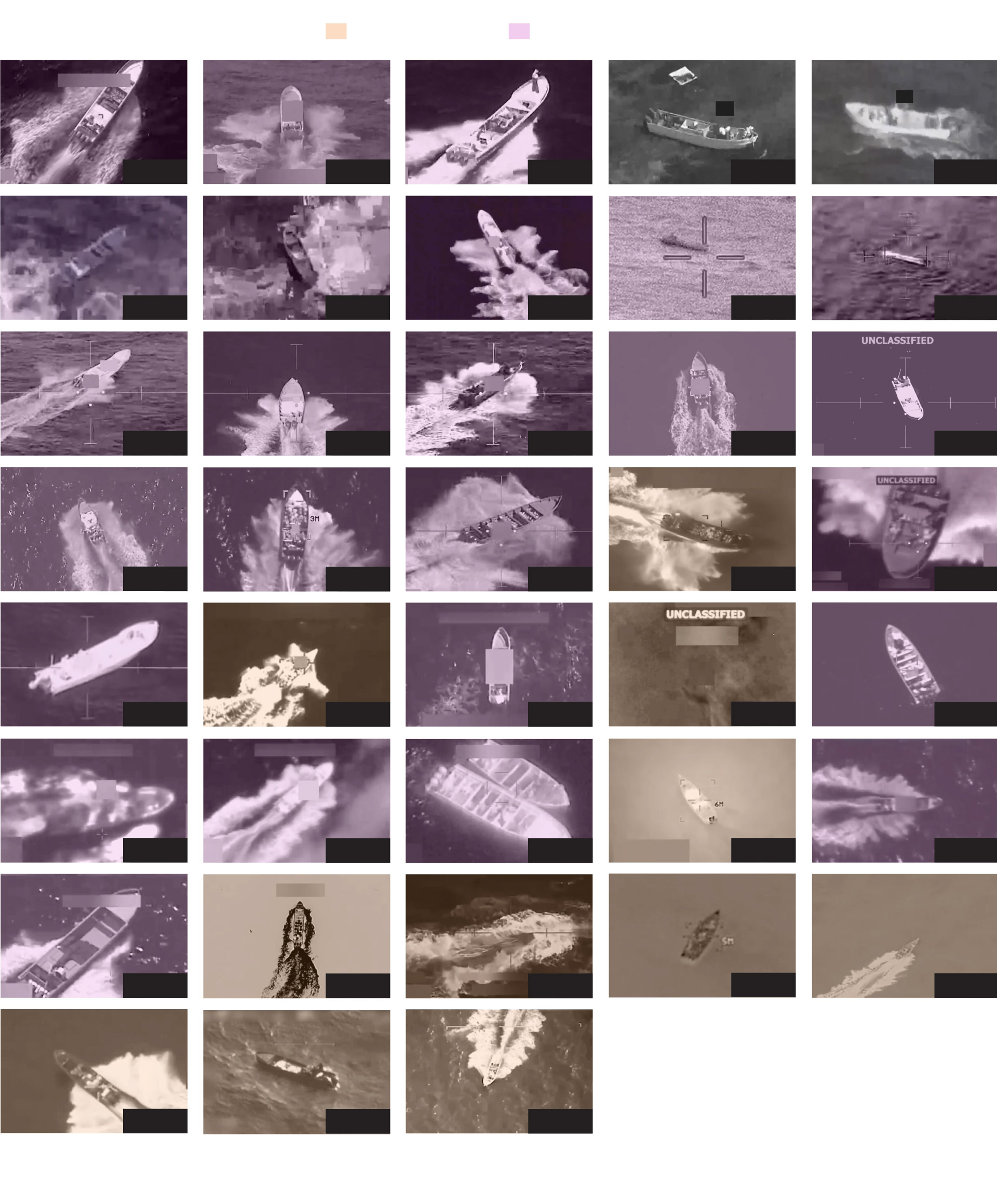A week after the massive earthquake, the former Arizona Senator have his read-out today on NPR
How is the U.S. helping the victims of last week's quake in Turkey and Syria?
NPR's A Martinez speaks to U.S. Ambassador to Turkey Jeff Flake about American aid for Turkey and Syria following the devastating earthquake that hit the region a week ago.
Copyright 2023 NPR
Jeff Flake’s last stand
Democracy’s status is contested around the globe, and America’s man in Turkey is speaking out: freedom and stability hang in the balance
America’s foreign policy interests in Turkey.
Glance at a map of the region, as I did upon entering the U.S. Embassy in Ankara, and what immediately stands out is Turkey’s bruiser of a neighborhood. To the country’s east is nuclear aspirant Iran, and across the Black Sea are Ukraine and Russia. To Turkey’s south are war-torn Iraq and Syria.
Turkey is now home to some 3.6 million Syrian refugees.
As the rare NATO-allied democracy in the region, Turkey is of high importance to the United States. That’s why foreign policy pencil-chewers are flagging warning signs that Turkey’s little “d” democratic institutions are slipping.
When I ask Flake about this directly, he assures me Turkey’s elections and institutions “remain strong.” And yet, he’s not shy to point out that there are nearly as many journalists jailed in Turkey as there are in China. A failed coup attempt in 2016 led to a government crackdown against members of the press and judiciary in particular.

U.S. Ambassador to Turkey Jeff Flake and his wife Cheryl Flake walk with Executive Editor of Deseret Magazine Hal Boyd at the U.S. Ambassador’s Residence in Ankara, Turkey on March 30, 2022.
Aydin Kayikci, Photo courtesy of the U.S. Embassy in Turkey
But it would be a mistake, Flake contends, to view Turkey as anything other than a vital ally to the United States. If you need evidence, he says, look no further than the two Turkish bases housing U.S. military personnel within their borders.
He also underscores how Turkey is handling the ongoing Russia-Ukraine war, facilitating peace talks and enforcing the little-known 1936 Montreux Convention, which empowers Turkey during war time to limit naval access to the Black Sea through the country’s Dardanelles and Bosporus straits.
This latter move may yet prove central in restricting certain Russian naval vessels from bringing reinforcements to the fight in Ukraine. Turkey’s foreign minister, Mevlut Cavusoglu, with whom Flake huddled during our visit, announced the implementation of the Montreux Convention in late February, at a time when many were still cautiously calling the war an “invasion” or “conflict.” He stated: “It is not a couple of air strikes now, the situation in Ukraine is officially a war.”
As we talk, I glance down at my notes. There’s a question I’ve starred: How will the U.S. persuade Turkey — a country with so many commercial and cultural ties in the East — to remain committed to democracy in the long run?
Flake believes there are answers. And as I shadowed him through the back boulevards of Ankara for the better part of two days, it became apparent that America’s man in Turkey also appreciates the high stakes: nothing less than regional and global stability hang in the balance.
The United States, Flake says, must start at home by exemplifying the best that representative government has to offer. The U.S. model has to work to remain persuasive.
Freedom and democracy, he says, are always hills worth dying on — from Bunker Hill in Boston to Mariupol in Ukraine — but the true test is sustaining the very causes which call forth our “last full measure of devotion.” . . READ MORE
RELATED CONTENT
X






No comments:
Post a Comment